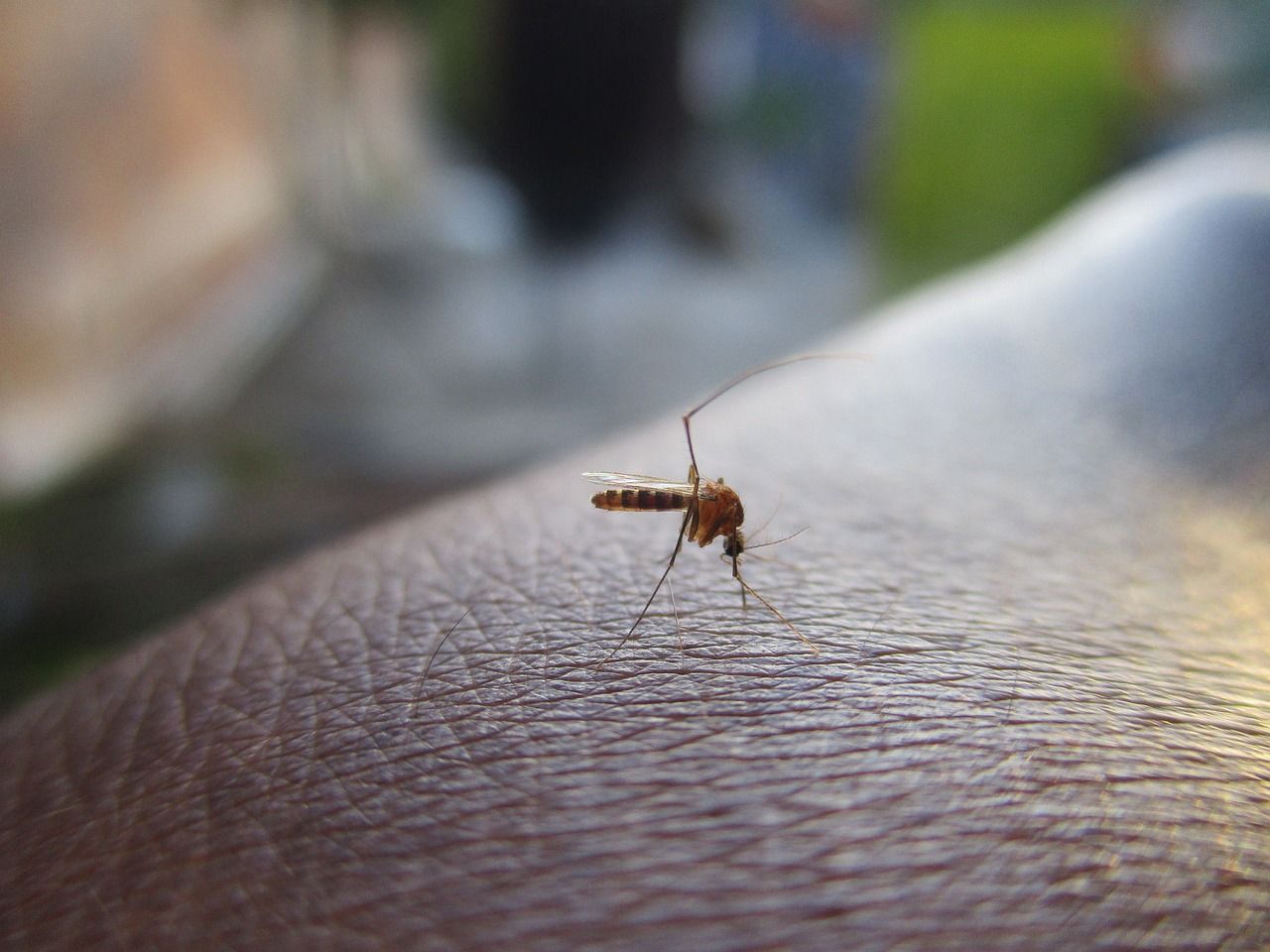DOH reports a 'slight decrease' in dengue cases nationwide
As isolated thunderstorms and rain showers become more frequent even before the rainy season is officially declared, the Department of Health (DOH) reported a slight three percent decrease in dengue case counts nationwide.

“Case counts dipped from 5,380 last March 24 to April 6 to 5,211 last April 7 to April 20,” DOH said in a statement issued Sunday, May 19.
DOH noted there is a “larger drop” — by around 30 percent — if the period April 21 to May 4 is considered “when only 3,634 cases were recorded.”
Despite this development, DOH said it remains cautious with this interpretation as “case counts may change with late reports coming in.”
DOH said that from the start of the year up to May 4, a total of 59,267 dengue cases have already been recorded with 164 deaths.
Understanding dengue
Dengue, as explained by DOH, is caused by a virus that mosquitoes spread to people and it is “common in tropical climates like what the Philippines has.”
“Most who get dengue will not experience symptoms, but should there be, the most common are high fever (40°C), severe headache, muscle and joint pains, nausea, and rashes,” DOH said.
There may also be pain behind the eyes, vomiting, and swollen glands.
DOH added that symptoms start four to 10 days after exposure from a mosquito bite and can last for two to seven days. “Most will get better in one to two weeks,” the agency said.
Some people, DOH explained, get severe dengue which can be fatal and will have to be treated in a hospital. “Symptoms of severe dengue often come after the high fever has gone,” it added.
DOH noted that these symptoms include severe abdominal pain, persistent vomiting, rapid breathing, bleeding gums and nose, fatigue, restlessness, blood in vomit or stool, intense thirst, pale and cold skin, and feeling weak.
Avoid mosquito bites
Dengue, DOH explained, is treated for its symptoms often with pain medicine, as there is “no specific treatment at present.”
Given this, DOH noted that the best way to prevent dengue is to “avoid mosquito bites, especially during the day.”
Health Secretary Teodoro J. Herbosa urged the public to “kill mosquitoes so that the dengue they bring will not kill you.”
Herbosa added that this early, before the full swing of the rainy season, families and communities “should search and destroy mosquito breeding sites — anywhere or anything where water can accumulate and stay still.”
Stay protected
Moreover, DOH also advised the public to use self-protection measures like long sleeves and pants that cover the skin, or mosquito repellent lotions and sprays.
Early consultation should be sought for any symptoms like fever, headache, muscle and joint pains, nausea, and rashes.
“Say yes to fogging where needed, and start and sustain proper hydration for patients,” Herbosa said.
As the season turns from dry to wet, Herbosa said, “dengue is something we must not forget.”
“We brought cases down because of intense public awareness and close community action. Let us keep it that way,” he added.